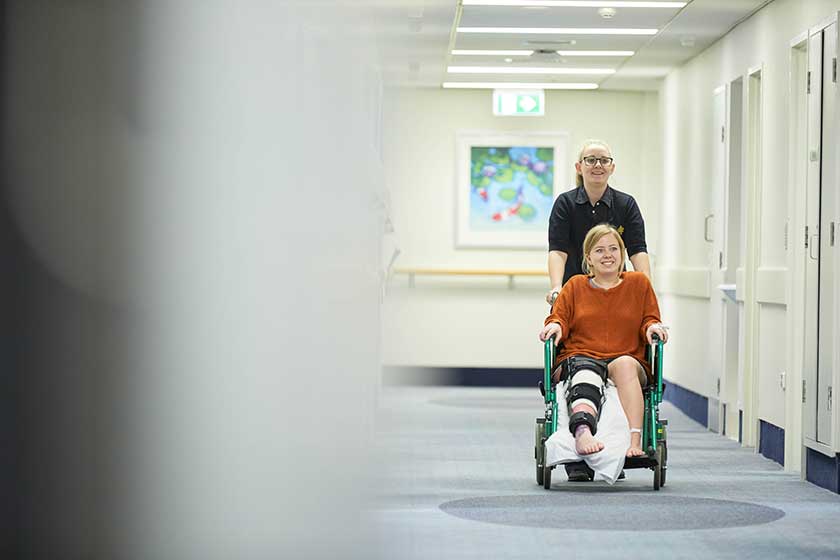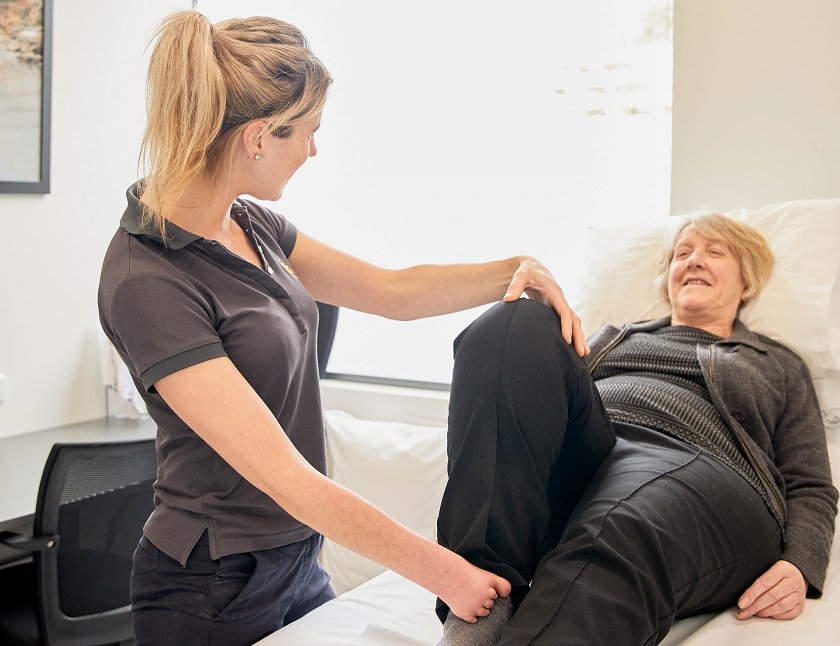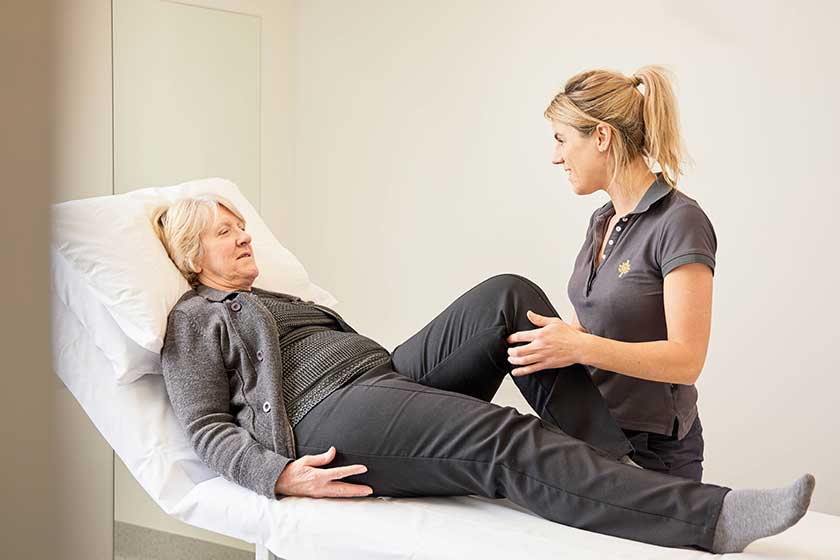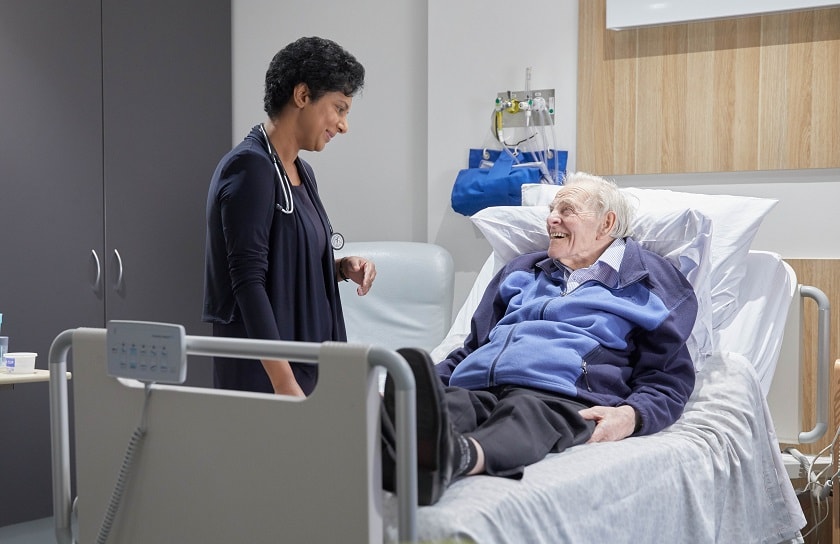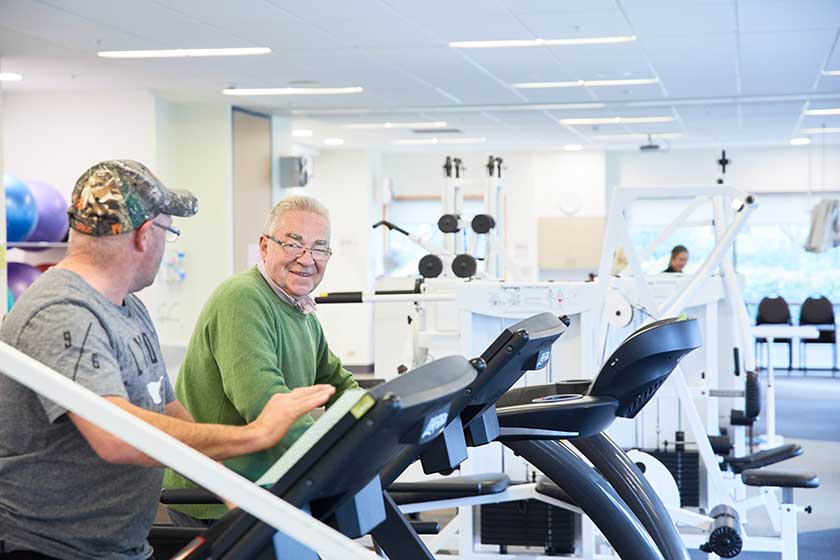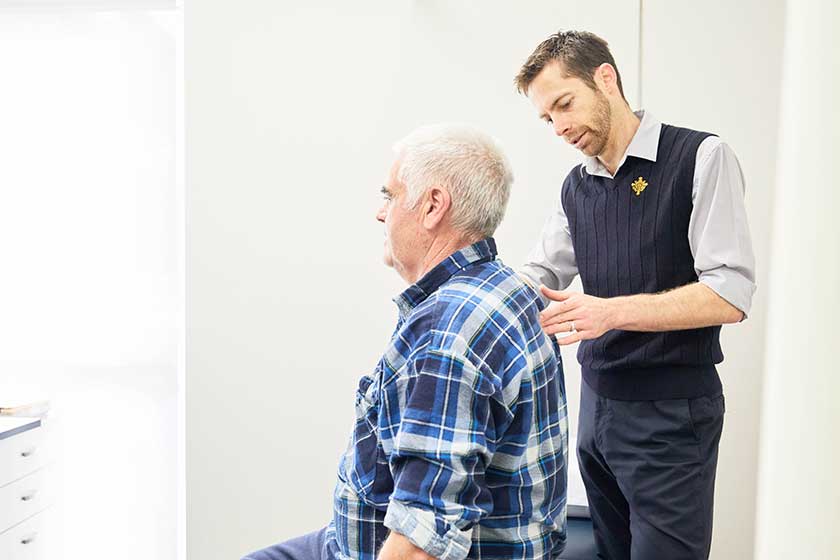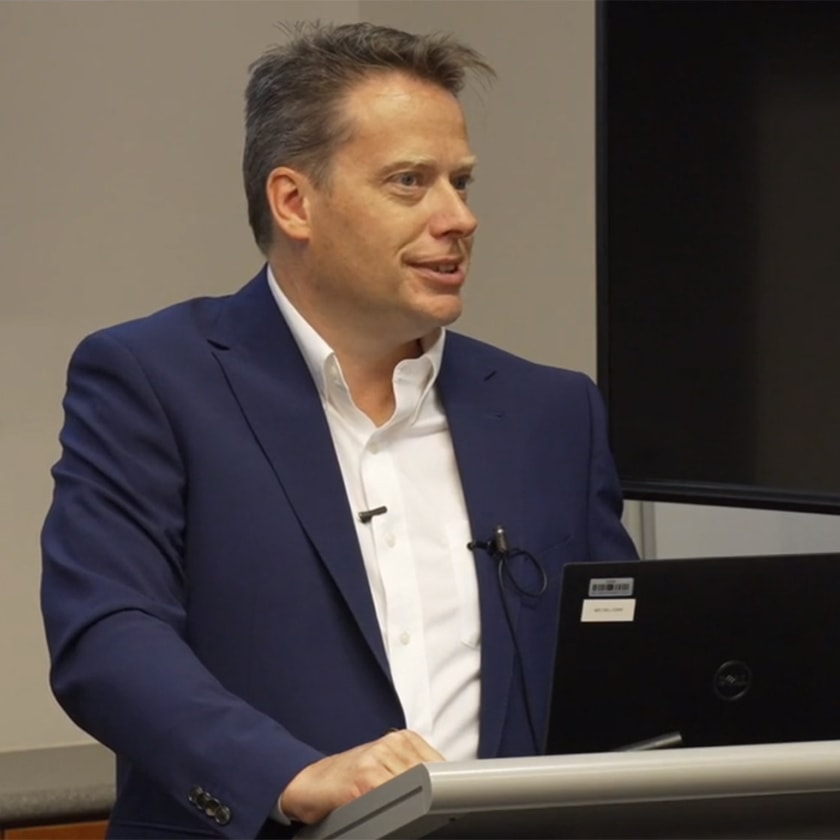1. ACL
This is the knee injury that affects professional athletes and everyday people alike, because it is such an important ligament in the knee.
The anterior cruciate ligament (ACL) stops the tibia (the shinbone) from moving forwards during weight bearing activities, and provides the knee with rotational control.
Tearing the ACL is common in sports that require running, jumping and impact such as football, basketball and netball, although an awkward landing in any sport may damage the ligament.
ACL injuries often need surgery to reconstruct the ligament followed by ongoing rehabilitation for many months.
2. PCL
The posterior cruciate ligament (PCL) works in conjunction with the ACL to connect the thighbone (femur) and shinbone (tibia) through the knee joint.
The PCL stops the lower leg from moving too far backwards.
PCL injuries are less common than ACL injuries are, and a PCL is often sprained rather than torn.
Football, rugby and basketball players are all at increased risk of PCL injuries.
Depending on the severity of your injury, rehabilitation or surgery may be required.
3. Meniscus
You have two pieces of c-shaped cartilage in your knee called meniscus that act as a cushion between your thighbone and lower leg.
A torn meniscus is one of the most common knee injuries you can experience. The injury can occur when you are taking part in any activity that causes you to twist or rotate your knee.
Often treatment with rest, ice and time is enough to relieve the symptoms of a meniscus injury, but surgery maybe required for persistent mechanical symptoms.
4. Knee cap pain
Known as patellofemoral pain syndrome, often described by patients as pain in the knee cap or front of the knee, knee cap pain can be persistent and disabling.
There are many factors that contribute to this pain including alignment of the kneecap and overuse of the knee.
Generally treatment is non-surgical, including changing activities in combination with physiotherapy. In rare cases, surgery may be recommended to address the mal-alignment or removing flaps of cartilage (debridement).

